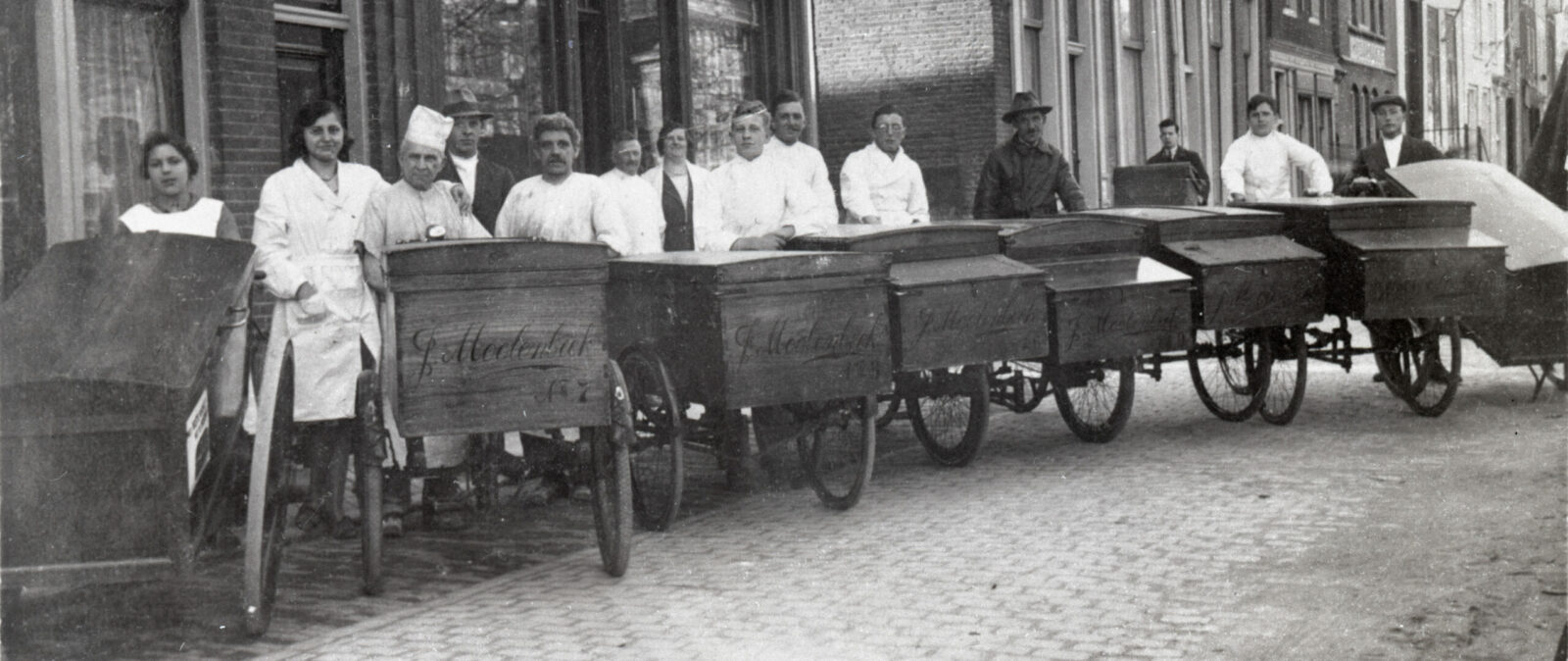MA Course ‘Data Management for Historians’
< back to overview Research Master courses
Researchers in economic and social history often employ statistical analyses to study patterns in their data. When combined with historical insights, these quantitative methods allow researchers to consider a wide range of explanations at the same time. These historical data are studied to produce tables, graphs, and statistical analyses to get insight in historical processes. An often invisible, but crucial part of the quantitative research cycle is the transformation of rudimentary data into intelligible information. Data management and data manipulation are required to digitise, explore, clean, and operationalise otherwise unintelligible data. This course instructs the basics of quantitative data management and introduces students to programming in R and SPARQL.
Key info
Coordinator – Dr Rick Mourits
Period – February – April
Credits – 5 EC (in case the student’s institution requires other EC credits, assignments may be adapted by the coordinators to adequately reflect and match the credits granted)
Language – English
Location – online; the final session will, however, be held in person at the International Institute of Social History, Amsterdam
Days and Times – will be announced before the start of the course
Min. number of participants – 5
Description
Researchers in economic and social history regularly work with historical records, such as prices, wages, or demographic data. These historical data are studied to produce tables, graphs, and statistical analyses to get insight in historical processes. An often invisible, but crucial part of the quantitative research cycle is the transformation of rudimentary data into intelligible information. Data management and data manipulation are required to digitise, explore, clean, and operationalise otherwise unintelligible data. For example, counting the number of spelling variations in historical occupations, cleaning year entries, or grouping information from different sources into one new variable.
To allow master students within economic and social history to process their own rudimentary data and enable reuse according to the FAIR data principles, this course instructs them on the basics of quantitative data management. It introduces the quantitative research cycle, programming in R and SPARQL, and how to report on data questions. Combined, these skills will allow the participants to understand quantitative research better, make efficient and reproducible enquiries on the data, and clearly report on data questions. As such, the course prepares participants for quantitative research in general.
Objectives
The aim of this course is to provide research-oriented historians with a thorough introduction into data management and introduce them to R and Linked Data. As such, the course provides essential background for historians who work with quantitative data and allows participants to understand, organise, and report on data management processes without, however, the use of advanced quantitative methods.
To do so, the course concentrates on four objectives:
- Understanding the quantitative research cycle and data pipelines
- Critical evaluation of quantitative data
- Basic understanding of programming in R and SPARQL
- Being able to report on data management
In addition, the course emphasizes transparent data management by open access software, sharing scripts, and producing small data stories.
Structure
The course takes a hands-on-approach: the weekly meetings will be part lecture, part tutorial, and part self-study hours. The lectures will deal with the course literature and the topics treated per week. Furthermore, the lectures will be used to emphasize the connections between the material treated over the weeks. Participants are required to prepare the literature in advance to facilitate active participation during the lectures. There is one weekly online lecture of two hours.
How to apply
You can apply via the Application Form. Please note that the deadline for registering is 10 January of each year.
Questions and info
If you want more information on (one of) the courses, or if you have questions regarding the application procedure, please contact the Office Manager of the Posthumus Institute/.


